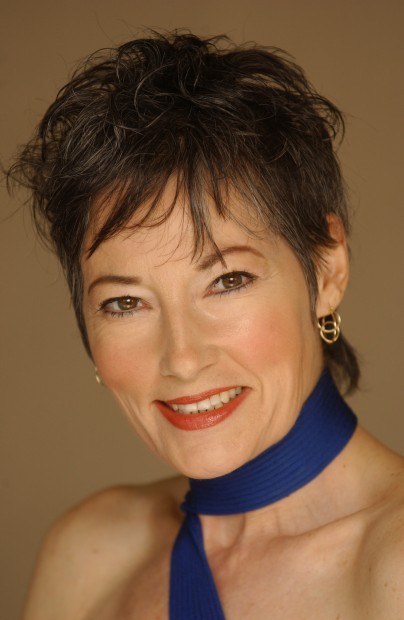special to The Garden Island In recent years, a great deal of study has focused on social networks. The classic study is a convoy model, which is used to explain an image of a protective layer of family and friends,
special to The Garden Island
In recent years, a great deal of study has focused on social networks. The classic study is a convoy model, which is used to explain an image of a protective layer of family and friends, who travel through life together and offer support. Some members of the convoy travel the entire way, others drop out and some enter later in one’s life.
Psychological well being is enhanced when connections with others are positive and supportive.
The role of women as keepers of the social network emerges in many ways. Women tend to be much more engaged in network support across their entire lifespan. The caregiving role of daughters to aging parents and the closeness when either parent is widowed, is a female-dominated one. Throughout life, girls and women tend to value close friendships and family relations. Women tend to value their siblings more than men do and work at keeping in touch.
The formation of supportive groups among people with common experiences or common interests and goals is vital for maintaining healthy emotional and mental status for people of all ages. School, sports teams, choir, churches, lodges, women’s clubs, sports clubs and the like foster a sense of belonging and community.
Kaua‘i is a rural area, so it is more difficult for many on the island to form or maintain close social bonds, especially for poor, rural elderly residents. Opportunities for socialization are limited because of poor transportation options and lack of money for travel expenses.
Close friendships reduce stress. Loneliness has been linked to increased depression, loss of cognitive ability and physical illness; friendships seem to be particularly protective for women. Researchers at University of California, Los Angeles found that most women deal with stress in the same way: They engage in long chats.
While men tend to go in a flight or fight mode, women tend to go into a tend and befriend one. Evidence suggests that while both men and women produce the soothing hormone oxytocin under stress, estrogen enhances the hormone’s effectiveness and testosterone inhibits it. When oxytocin levels are high, people are calmer, more social and less anxious. These research findings may partially explain why women live longer than men.
When I first came to live on Kaua‘i, a dear friend of mine suggested that I join the Mokihana Club. She had been involved with the club for many years and knew that I would find my place among these dedicated and social women. The Mokihana Club is a women’s club that supports students through a long tradition of providing nursing and music scholarships. Established in 1905 with a social, civic and cultural focus, the Mokihana Club is open to all women of Kaua‘i who are interested in service to the community and socialization and friendship. One of the upcoming social and fundraising events for this group is the annual Christmas party luncheon on Dec. 17 at Kaua‘i Beach Resort. Tickets and information are available from G. Stoddard at 822-3348.
Studies from the National Institute of Mental Health indicates that adaptive social behavior, such as concern for others, focused on how community issues and other acts of altruism contribute to stress resiliency. Evidence was found by measuring hormones and neuro chemicals, which demonstrated that people with strong values, those who have meaning in their lives and have strong core beliefs get a boost to their immune system that keeps them healthier and reduces their stress. Another study from the same institute noted that optimism can literally lengthen your life, as can keeping busy and engaged.
We are lucky on Kaua‘i to have groups such as the Mokihana Club to help support the community, and I personally invite you to join us. You can call me about coming out to a meeting as my guest.
Also, please remember the poor, isolated and elderly this holiday season in whatever way you can.
As this holiday season approaches, please share your aloha and include as many as you can into your ‘ohana. It is good for them and good for you.
• Jane Riley, B.A., C.P.T, C.N.A, can be reached at 212-1451 or www.janerileyfitness.com.


